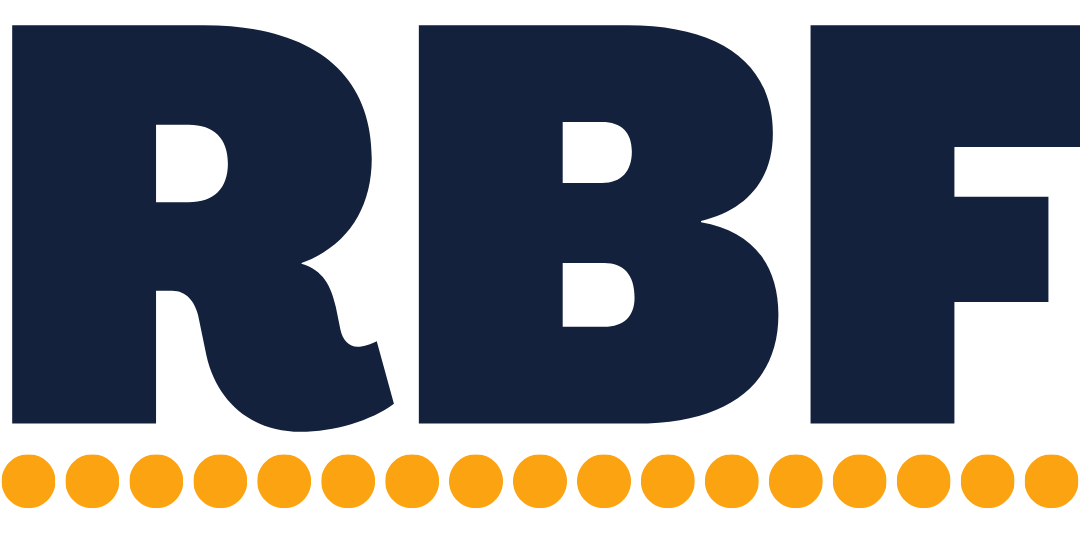Why you should write weekly memos
As kids, there’s plenty of obvious milestones, events, and memories to mark our progress. There’s semesters, tests, graduations, big birthdays, and all sorts of other major happenings. And, we keep all those report cards, syllabuses, exam grades, pictures, postcards, souvenirs, and avant-garde finger paintings that just barely qualify to be fridge-worthy for us to look back on. But, as we get older, there’s fewer of those events, spaced further apart, in a much looser order, and we slowly stop keeping track as well as we used to.
It becomes increasingly difficult to keep track of our qualitative progress and weekly goings on. There’s all sorts of quantitative business data. You have financials, project management reports, utilization timesheets, and sales data from your CRM. But, those don’t measure the qualitative things like what you’re working on, what roadblocks existed, what you tested, and how you felt about certain goals/progress. These qualitative insights are just as important as the quantitative data and give all the fancy quantitative reports their context. And, if we don’t actively make an effort to save those qualitative thoughts while we’re in the moment, they’ll slowly slip away to be lost forever.
Bringing stakeholders up to speed :
Onboarding and bringing new stakeholders (ie, employees, contractors, advisors, coaches, etc) up to speed is an underappreciated problem in small businesses and is the true cause to a lot of underperformance. The longer it takes to get someone up to speed, the longer it’ll take to see any return on your investment. For example, if you hired a business consultant (maybe a certain accountant that writes a certain newsletter 😏) and it took them two weeks to get caught up, it’d only cost you half a month’s fee before you made progress. But, if it took them two months to get up to speed, you’d have paid two months’ fees before you even started seeing any return, which would result in a much longer payback period.
Context docs (like, business model canvases, SWOT analyses, roadmaps, etc) and a weekly memo library make it easier for new stakeholders to learn about your culture, your priorities, what’s working, and what isn’t working. And, having it all written down removes the bottleneck that is verbally passing down the info like it’s some Homeric epic from the times before written language.
Measuring progress:
Your business exists to afford you a better life and, while quantitative, measurable growth is important, it isn’t everything. Your goals won’t always be clean-cut or SMART (aka, specific, measurable, assignable, realistic, and time-related) and progress is more than hitting a series of metrics and KPIs. There’s a slew of qualitative goals, indicators, and grey areas that’re just as important and should still be measured (albeit roughly). Goals like spending more time with family, working less stressfully, and building a business you’re proud of have strong qualitative components. And, while you could technically find a numeric measure or KPI for most squishy goals, it won’t convey the same takeaways (for example, a timesheet that shows you worked 30 hours doesn’t mean the same thing as a weekly memo stating you took Thursday afternoon off to spend with your kids).
Learning from past experiments and mistakes:
We should all obviously learn from our mistakes, but that’s easier said than done. In the grand scheme of things, most of our mistakes and learnings are just blips on the radar that’ll fade away. We may remember the major events and lessons but, all those little everyday learnings are just as important. They are specific to you, your business, your industry, your company culture, and what you’ve already tried. They are your history. Instead of looking to generic big business advice then trying to implement it into your specific situation, you should learn from your qualitative past. And, as years go on, the benefits will compound and you’ll build out a database of searchable (and resurfaceable) learnings that you can always pull from.
Think of it like business journaling :
Calling them weekly reports or memos makes them sound super serious. It implies that they’re legit business debriefings that need to be a perfect recollection of the events. But, they just need to be good enough. You just need a snapshot or a rough sketch that you can look back on, get the gist of what was going on, track progress, and learn from. That could be a bulleted list, a few short paragraphs, or even pages of unedited stream-of-consciousness thoughts. Whatever works for you. (Besides, writing perfect weekly all-encompassing reports isn’t sustainable. It’s better to have a fuzzy photo to look back on than nothing because you couldn’t keep up the habit.)
💪 What we do at Resting Business Face 😤
🚀 Finance Partner: Forecast the next 12+ months, improve your cash flow, and work closely with yours truly.
🤓 Hands-off Consulting: Annual forecasting and quarterly calls when you need just a touch of guidance.
🏛️ Tax Essentials: Taxes, accounting, and payroll to keep your business on the IRS's good side.
